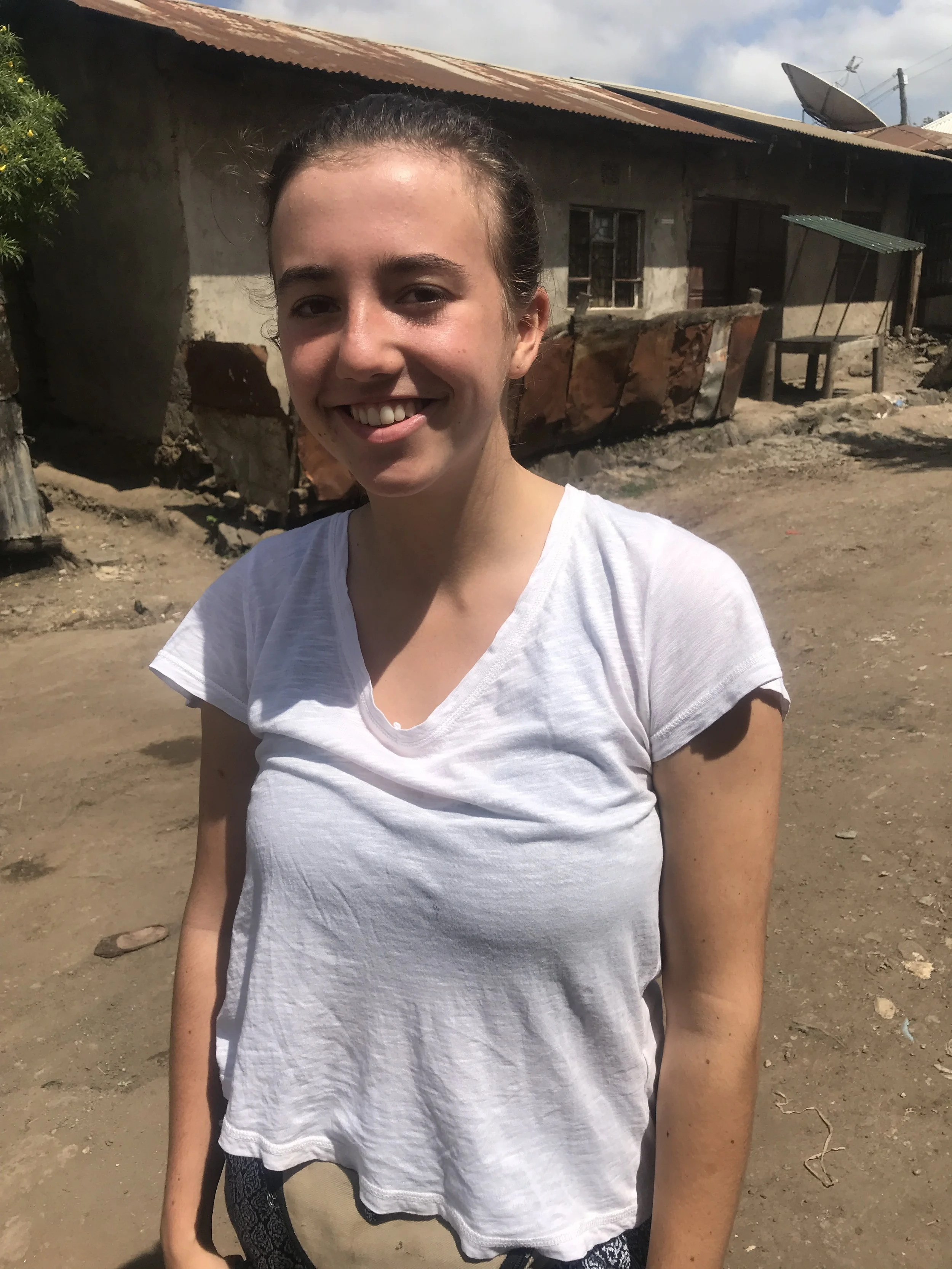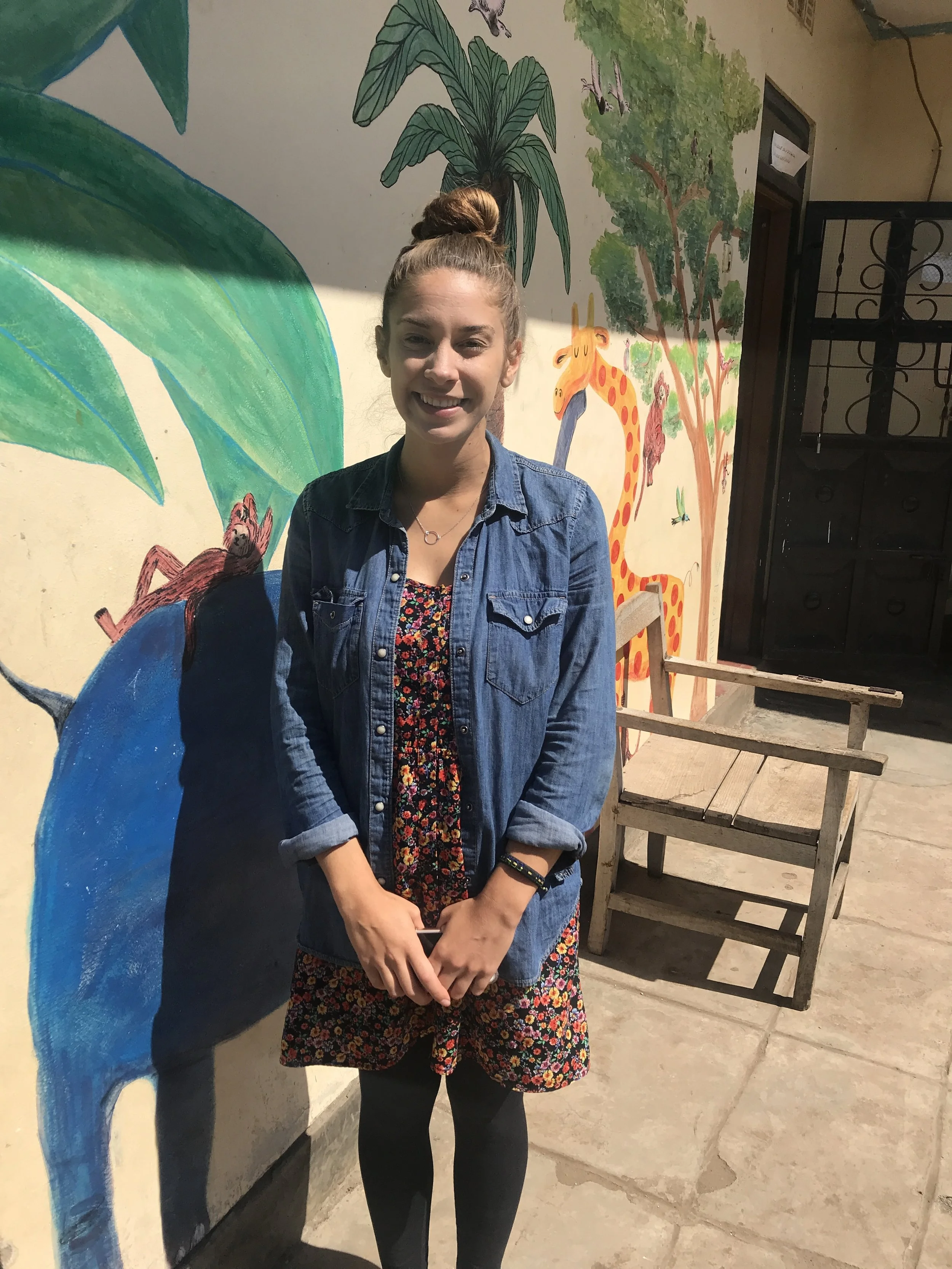Kyosei Training (Tanzania)
Moving forward in Tanzania
In the East African country of Tanzania, known for its world famous parks - most notably, the Serengeti, stands a stark contrast between the lush, green, wide-open nature reserves teeming with animal life in the rural countryside, and the urban bustle in the streets, with precariously constructed minibuses negotiating the undulating dirt roads, motorcycle taxis weaving in and out of traffic, and endless street vendors hawking everything from tomatoes to safari hats.
Tanzania’s education system has made positive strides in the recent past. More schools have been built, meaning children don’t have to travel as far each day, and costs have been eliminated, meaning more kids have access to free schooling.
Facing new challenges in education
However, challenges remain. Free education still comes with the price of paying for uniforms, a cost that is unattainable for many families. Families living in rural areas also have to contend with the cost of transportation if their school is outside of walking distance. Some students have to travel for up to 25km to reach the nearest school.
The elimination of school fees also leads to an increase in the student population, and even with the the addition of new schools, class sizes are enormously overcrowded. Many classes have over 100 students in a room with one teacher. Taking a walk down a road next to the local primary school, you will hear a roar coming out of the classroom windows, clearly giving the impression of the problematic learning conditions inside. The streets become overrun with students in the mornings and at dismissal time.
As it stands today, only about half of primary school students pass their exams for entrance into secondary schools. Tanzania does not provide a second chance on these tests. Students who fail, are forced to seek out private institutions that will help them to re-take a course and the exams with the hopes of returning to the government system.
However, more commonly, these students never return to school. Faced with the costs of private education, many families are not able to pay, continuing the cycle of poverty as their children are forced to start working and earning money in their early teenage years. These kids are unlikely to ever advance beyond a primary education and face a life of hustling each day to make ends meet.
For the fortunate students who move onto secondary school, additional challenges are waiting. Throughout primary school, all instruction is done in Swahili, the official language of Tanzania. However, once they start secondary school, all subjects are now taught in English. The basic, rudimentary English classes in primary school do not adequately prepare them to become fully immersed in English in secondary school. Many students struggle and drop out.
It’s almost as if the education system needs to eliminate students. There is only enough space in the secondary schools for one third of the students from primary school. Some have to be weeded out. By not providing a second chance at exams and changing to English instruction, the system does just that. It’s a system set up for failure. Primary school is the only level of school required in Tanzania. And often, that’s as far as most kids make it.
Girls face unique difficulties
Girls in secondary school are met with additional obstacles. Only about a third of girls who enter secondary school will graduate. Poor access to sanitary products, a lack of education around feminine hygiene, and no money to solve these problems means that most girls will be absent from school for up to a week each month during their menstrual cycles. These frequent absences from school put them behind the curve and many girls never recover from this missed time.
The lack of education on sexual health creates another issue of teenage pregnancies. One in four girls between the ages of 15-19 will become pregnant. Without even addressing all the issues of being a teenage mother in an area already facing extreme poverty, Tanzania’s schools do not allow these girls to attend school anymore on the grounds of “offences against morality”. They are expelled and not allowed to return, essentially punishing them, ensuring another generation of children gets raised by parents who never completed their schooling, and continuing the cycle of poverty.
In order to graduate high school with a diploma, students in secondary school take another round of exams for admission into the advanced secondary education, which is a two-year program. The no-second-chance policy exists at this level as well. Those students who have navigated and overcome the obstacles thus far, still have to jump over a few more hurdles before completing the full spectrum of schooling in Tanzania to make them eligible for post-secondary school - if they can even afford it.
Giving hope with Kyosei Training centre
All this being said, there are programs that exist to help students increase their chances of success and provide hope for a brighter future.
Kyosei Training Centre in the city of Arusha is one such program that attempts to address all the challenges that might prevent students from continuing their education in Tanzania.
They are a private centre that works with the local community to provide support and outreach programs to those students most in need. They operate a fee structure, but also work with families who are unable to pay by covering the costs and, in some cases, offering a boarding program for students who live too far from the centre, so that they can attend school without accessibility being a barrier.
In Tanzania, primary school starts at age 7. Kyosei provides an early start pre-school program that focuses on developing positive learning habits at a young age - from 3 to 6 years old. Also, the majority of lessons and instruction happens in English, giving these kids a head start on skills they will need later in their schooling lives.
In order to combat the language challenge when moving to secondary school, Kyosei also provides classes in the time between finishing primary and starting secondary. English is the only language of instruction. Students learn how to communicate, write and speak in English through games, songs and learning activities. There are also classes that cover math, chemistry or biology lessons in English so that they can develop some key vocabulary words that they will need to know. This course is only offered at certain times of the year, but is very popular, with increasing student numbers each week as the starting date for secondary school approaches.
The third arm of Kyosei Training Centre is working with older students who fall into one of many categories. Often, these students failed their entrance exams into secondary and need to re-take a course in hopes of passing the exam on their second try. Since the government schools do not offer this options, families are forced to find a private operator that can help them get back on track. If students are successful with their re-take of the exam, they are able to return to the government schools, or continue with another private school for their secondary level schooling.
Several of these older students may have been out of school for many years and are just now in a position to try to advance their training and education. Some of them dropped out, became pregnant or were forced to work to support their family. They now are seeking specific vocational training that will give them opportunities to apply for jobs as tour guides, in hotel operations or among many other skilled trades. They learn job interview skills, how to make a good first impression to an employer, how to develop their CV, and the skills necessary to ensure their continue success in their employment field. The end goal is to get these young people back into education so that they can gain the skills to be productive members of the workforce and avoid the cycle of poverty.
Kyosei also addresses the disadvantages that young women face, by providing sessions on women’s empowerment, health and sexual education aimed at reducing pregnancies, and access to feminine hygiene products in an effort to keep more girls in school and raise their graduation rates.
a short history but a bright future
Kyosei Training Centre started only five years ago, but in that time has grown from one small room that was divided in two - one half for a learning space and the other half for an office - to now occupying three full classrooms and an office space.
Additionally, through donations, fundraising and volunteer work they are well on their way to opening a new two-room school facility on the outskirts of the town, with the plan of creating a permanent space for students in primary and secondary school to attend classes full time, while continuing the pre-school program at their current facility in town.
moving tanzania’s education system into the future
This type of out-of-the-box thinking and global support is necessary in Tanzania, where education hasn’t reached the level of priority that is seen in other countries. The government has made gains in building new facilities, but due to questionable policies and having to play catch up with a booming student population, they haven’t solved the problem of low graduation rates, especially among females and those in rural areas.
Only by removing these barriers, ending discriminatory policies and creating an environment that sets students up for success, will Tanzania’s youth be able to flourish and create a future for themselves as bright and prosperous as the nature that surrounds them.













I have learned to be able to relax and let go and not make too many plans because most of the time it doesn't work. I loved that in Belgium I had my plans and I was able to follow them. Here, you never know. You start in the morning and you have to go with the flow because anything can happen. There is no such thing as a normal day.